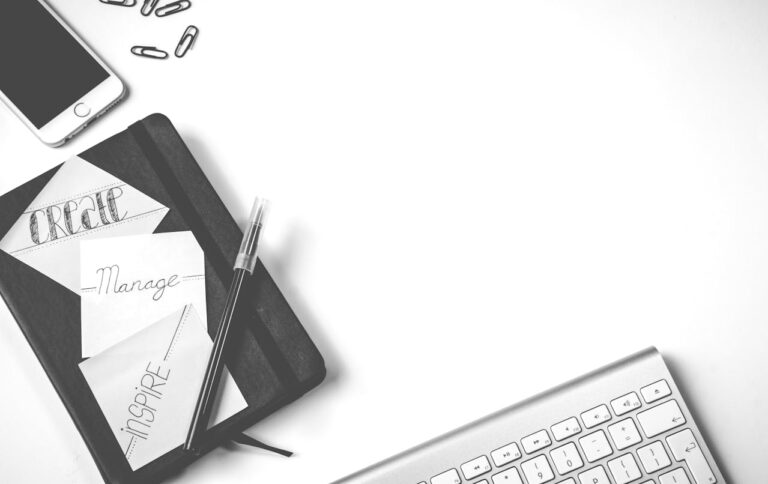Write Us: hello@ali5.org
Money and Mental Wellbeing: Achieving Financial Harmony
Discover how to create financial harmony for a happier, stress-free life. Learn simple steps to balance your money and mental wellbeing.

Think about waking up without money worries.
Take a moment to really picture this:
You wake up, stretch, and drink your coffee. Instead of worrying about bills, debts, or money, you feel calm.
You don’t feel sick when you look at your bank account.
No worries about surprise costs coming up.
It feels good, right?
The truth is that money and mental health are very closely linked. When one is out of whack, the other is usually too. But the good news? You don’t have to be rich or know a lot about money to be happy. You only need to change a few small things to make your money and your mind work together.
Let me explain it to you in plain English, without any confusing jargon.
Why money problems can hurt your mental health (and the other way around)
A lot of us don’t hear this enough:
Money issues can make you anxious, keep you up at night, make you depressed, and even hurt your health. At the same time, having bad mental health can make it harder to handle money, which can lead to overspending, avoiding payments, or missing payments.
It’s a street that goes both ways. And it’s something that a lot of people deal with in silence.
But you’re not alone. You can make a real difference by taking small steps.
Step 1: Take a Soft Look at Your Money Situation
Let’s begin with awareness without judgment.
I know, I know—sometimes we don’t want to check our bank accounts or bills because they just seem too much. But here’s the thing:
You can’t change what you won’t deal with.
Get a cup of tea and a notebook and write down:
-
Your income (what you make)
-
Your set costs (like rent, utilities, and food)
-
Any debts, like credit cards or loans
-
Your savings, if you have any
That’s all. No shame. Don’t beat yourself up. Just the facts.
It’s like weighing yourself before you start working out—this is where you start.
Step 2: Create a simple budget that makes you feel good, not limited.
The word “budget” may sound scary or boring, but listen to me:
A budget is just a way to plan how to spend your money so that it doesn’t control you.
It doesn’t mean getting rid of all fun or happiness. It just means spending time with a purpose.
This is an easy way to explain it:
-
Essentials: rent, bills, and food
-
Goals: Pay off debt, save money, and invest
-
Fun and extras: going out to eat, shopping, and having fun
Having a plan will help you feel more in control and less stressed, even if you start small and things are messy.
Step 3: Stop the cycle of stress from debt
Let’s talk about the most important thing: debt.
It can feel like you have a weight on your chest when you have debt. But the truth is
You have debt, but you are not debt. And it’s never too late to change it.
Try one of these two simple ways to pay off your debt:
-
Debt Snowball: Pay off the smallest balance first for a quick win.
-
Debt Avalanche: Pay off the balance with the highest interest first to save more in the long run.
Choose the one that makes you feel more motivated. The most important thing is to get going.
Tip: Paying an extra $10 a month can help. Moving forward is moving forward.
Step 4: Make a small emergency fund (even $100 is enough).
Fear of the unexpected, like car repairs, medical bills, and surprise costs, is one of the biggest things that stress people out about money.
That’s why having an emergency fund is so good for your mental health.
-
Set a small goal first, like $100, then $500, and then try to save enough for one month’s worth of expenses.
-
Add a little bit each time you get paid. A little bit, like $5 or $10, helps.
It doesn’t have to happen right away. Just knowing that you’re working on it makes you less anxious.
Spend money on things that make you really happy in Step 5.
You might be surprised by this:
👉 The issue isn’t spending money. The problem is spending money on things that don’t make you happy.
Take a minute to think about what makes you the happiest.
Going on a trip? Time with family and friends? What are your hobbies? Giving?
Once you know, you can stop buying things you don’t need (like random impulse buys and subscriptions you don’t use) and spend more on things that make you happy.
It’s not about limiting yourself; it’s about getting in line.
Step 6: Take care of your mental health while you work on your money.
This process takes a while. Be nice to yourself.
✅ When money worries you, take a break from thinking about it.
Talk to someone you trust, like a friend, partner, or even a financial counselor from a nonprofit.
✅ When anxiety starts to creep in, try journaling or being mindful.
✅ Every little step forward is worth celebrating.
The goal isn’t to be perfect; it’s to make progress while staying calm.
How Financial Harmony Can Change Your Life
When you balance your money and mind, everything gets better:
✅ You sleep better.
✅ You feel calmer.
✅ You have more options and freedom.
✅ You don’t feel scared about your future; you feel proud.
And here’s the best part:
You don’t have to fix everything today. All you have to do is start.
A quick summary of your Financial Harmony Action Plan
-
Make a list of your income, expenses, and debts (no judgment).
-
Make a simple budget that includes things like needs, goals, and fun.
-
Take care of one debt at a time. Start with the one with the lowest balance or the highest interest rate.
-
Even if it’s only $50, start an emergency fund.
-
Spend money on things that are important to you.
-
Along the way, make sure to take care of your mental health.
Final Thoughts: You Deserve to Be at Peace
I want you to know this:
👉 You don’t have to be rich.
👉 You don’t have to know everything.
👉 You don’t have to be perfect.
You only have to start.
Having millions of dollars doesn’t mean you’re financially stable. It’s about being at peace with what you have and having the freedom to choose how to use it.
You can start working on that right away.
One step. A dollar. One day at a time.
You can do this.







